Anxiety and Panic Attacks
Having anxiety and or panic attacks is no joke. It can make you feel as if you will never get to a place where you are ok.
Did You Know?
- Anxiety disorders are the most common mental illness in the U.S., affecting 40 million adults in the United States age 18 and older, or 18% of the population. (Source: National Institute of Mental Health)
- Anxiety is highly treatable, yet only about one-third of those suffering receive treatment.
- Anxiety disorders cost the U.S. more than $42 billion a year, almost one-third of the country’s $148 billion total mental health bill, according to “The Economic Burden of Anxiety Disorders,” a study commissioned by ADAA (The Journal of Clinical Psychiatry, 60(7), July 1999).
- More than $22.84 billion of those costs are associated with the repeated use of health care services; people with anxiety disorders seek relief for symptoms that mimic physical illnesses.
What’s the difference between normal stress and anxiety?
Anxiety is the body’s natural response to danger, an automatic alarm that goes off when you feel threatened, under pressure, or are facing a stressful situation.
For some people, anxiety isn’t always a bad thing in moderation. Like going to the movies and seeing a thriller can produce anxiety, this can be exhilarating. In fact, anxiety can, at times, help you stay alert and focused, spur you to action, and motivate you to solve problems. But when anxiety is constant or overwhelming, when it interferes with your relationships and activities, it stops being functional—that’s when you’ve crossed the line from normal, productive anxiety into the territory of anxiety disorders.
A panic attack is the abrupt onset of intense fear or discomfort that reaches a peak within minutes and includes at least four of the following symptoms:
- Palpitations, pounding heart, or accelerated heart rate
- Sweating
- Trembling or shaking
- Sensations of shortness of breath or smothering
- Feelings of choking
- Chest pain or discomfort
- Nausea or abdominal distress
- Feeling dizzy, unsteady, light-headed, or faint
- Chills or heat sensations
- Paresthesia (numbness or tingling sensations)
- Derealization (feelings of unreality) or depersonalization (being detached from oneself)
- Fear of losing control or “going crazy”
- Fear of dying
Panic Attacks can feel debilitating and when they come with catastrophic thoughts it can feel as if your personal world is going to end. At Seattle Trauma Counseling we teach clients both Mindfulness exercises to help manage anxiety and TRE (Trauma Release Exercises) which will put a stop to panic attacks within a few weeks.
Anxiety and Panic should not feel like a way of life that you have to accept. We believe that while therapy may not make someone happy, it is possible and realistic to teach someone how to change their inner state from one of constant anxiety to one of serenity. It is possible to wake up in the morning in the absence of anxiety. This may sound foreign or strange to some people but we believe it is possible because of all of us at Seattle trauma counseling have experienced this in ourselves.
Serving the Community and Making Life Seem Positive Again
Call now to schedule a free consultation session
